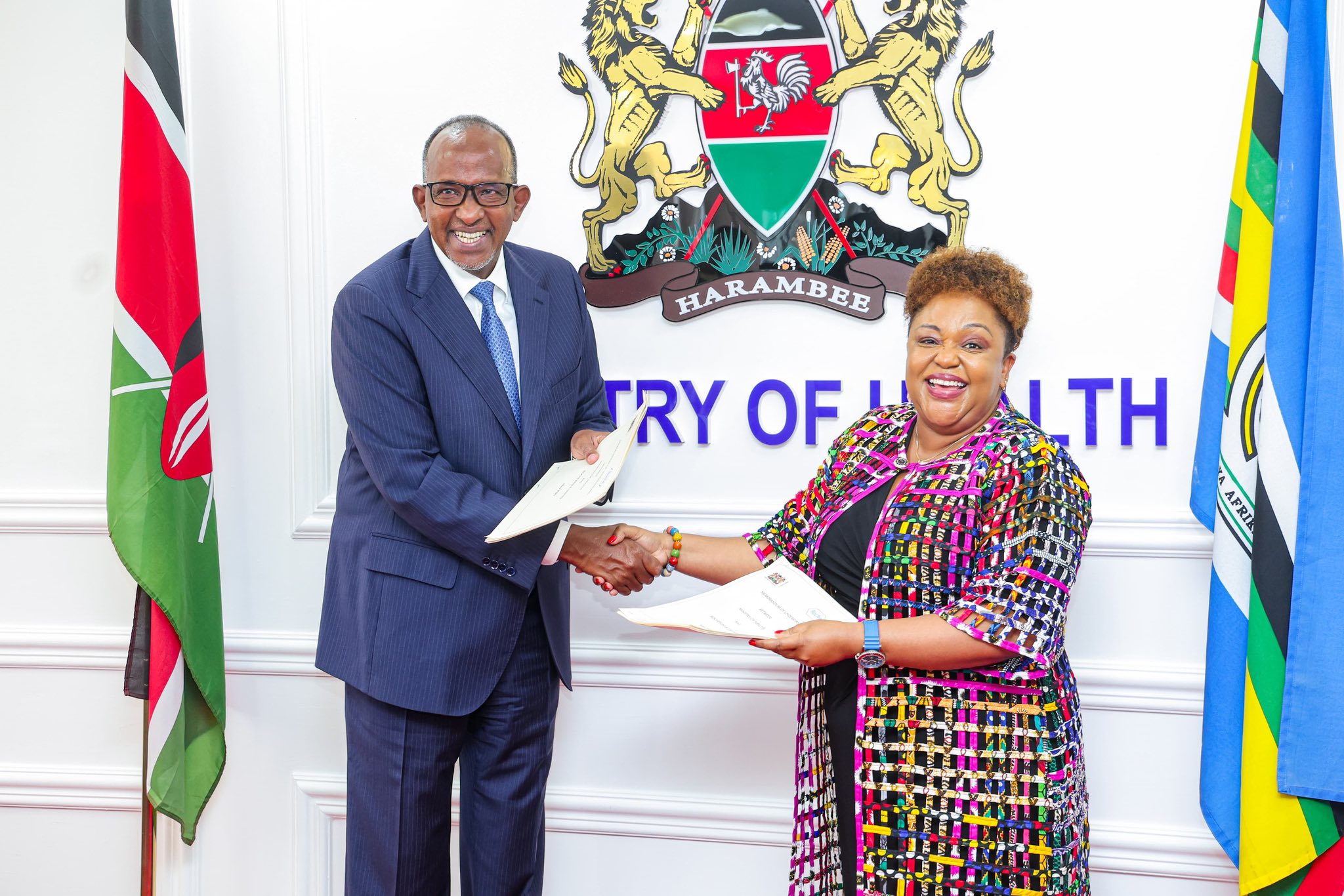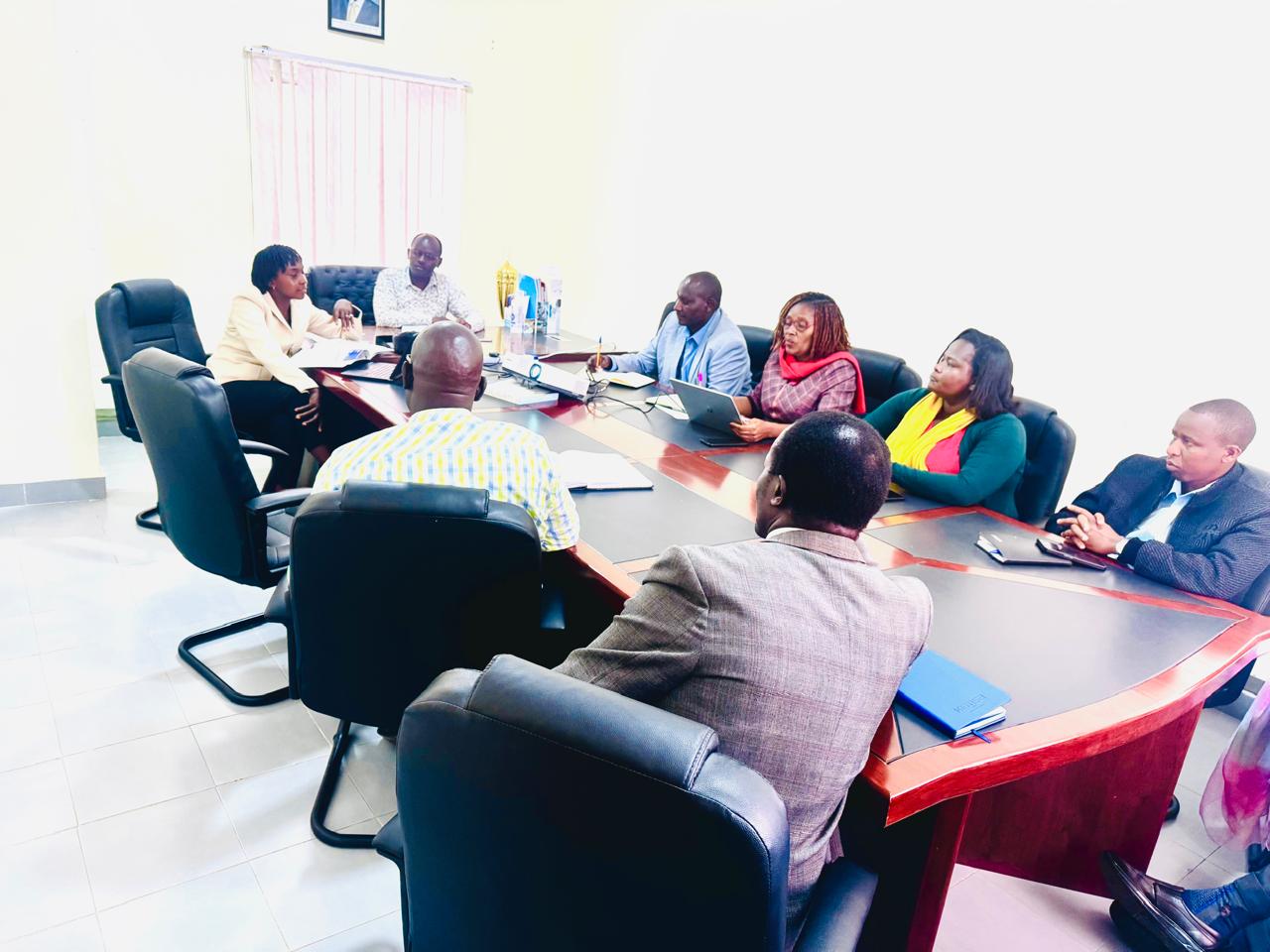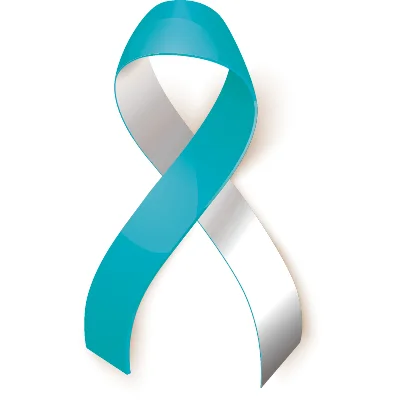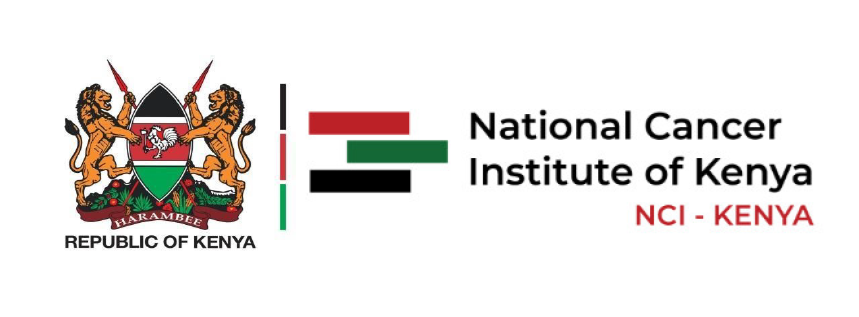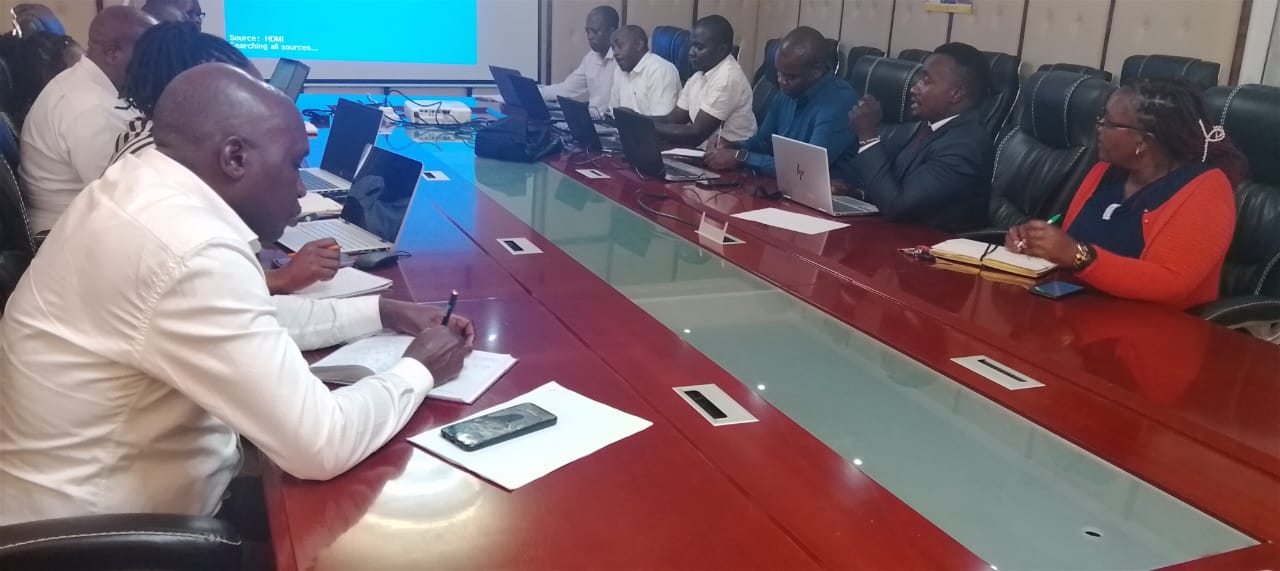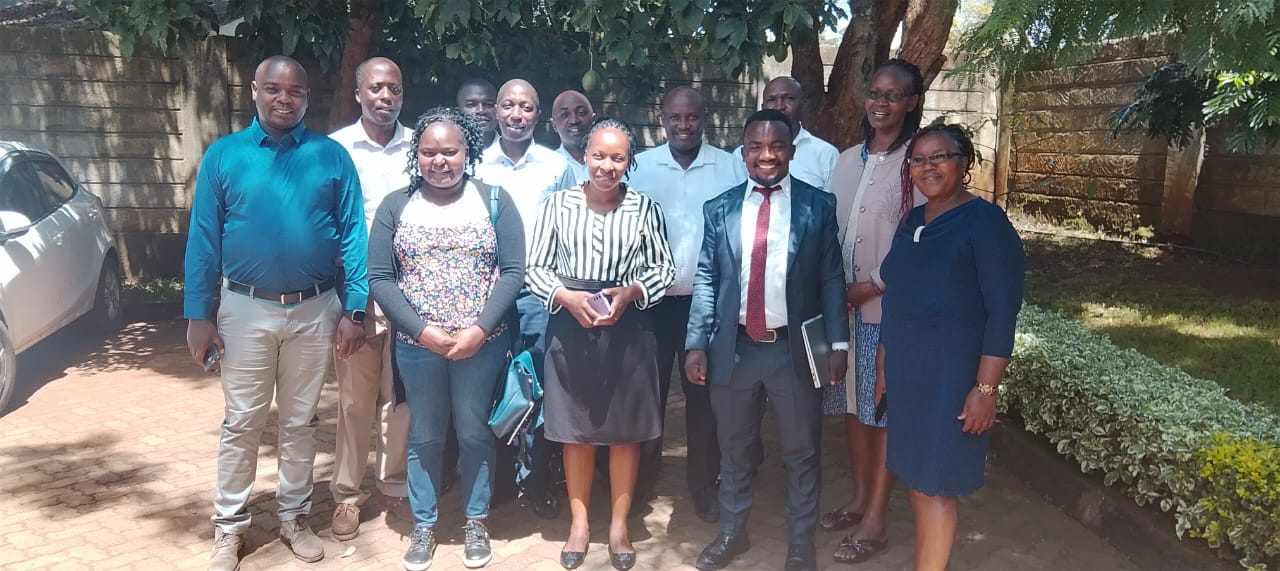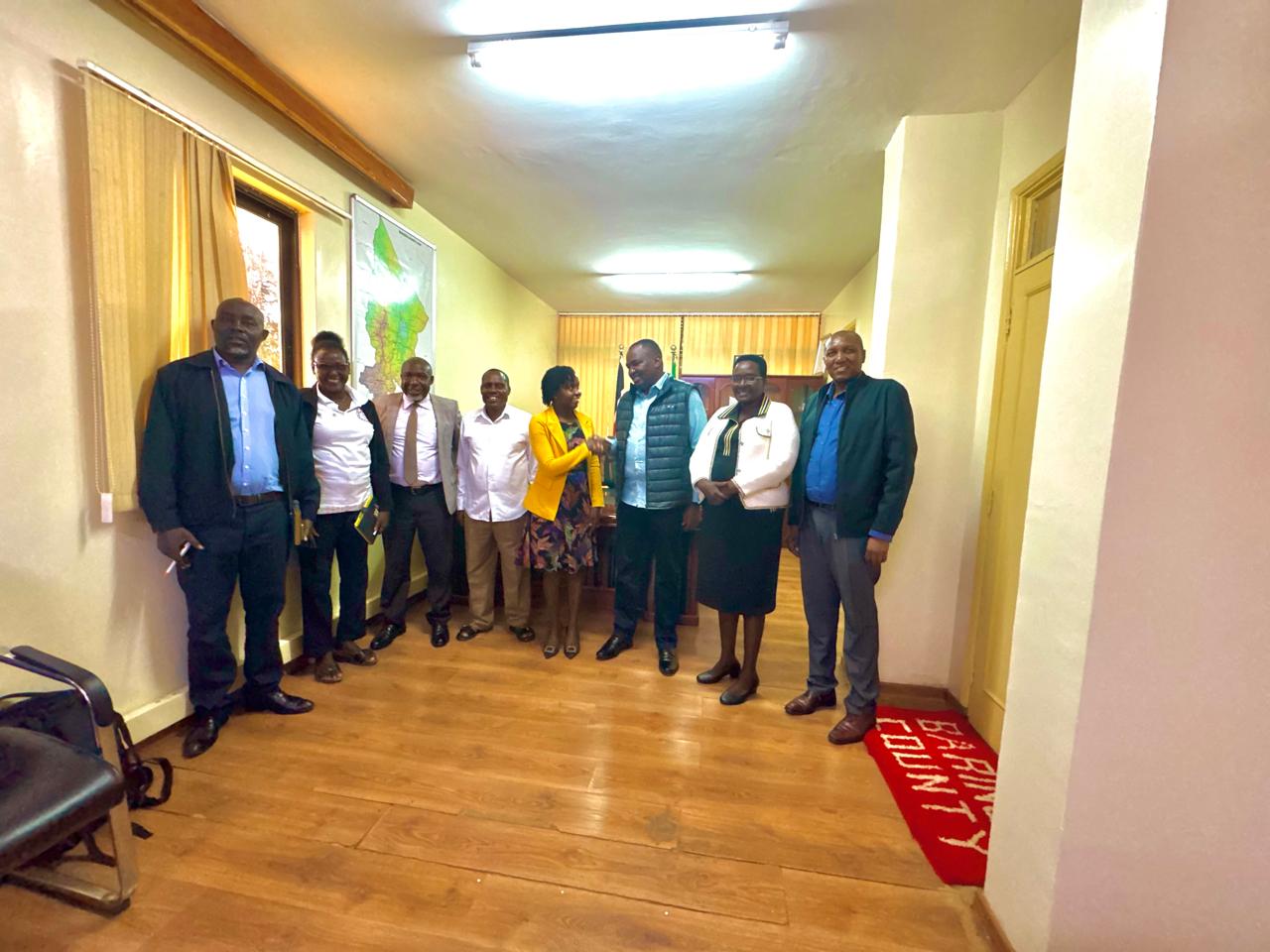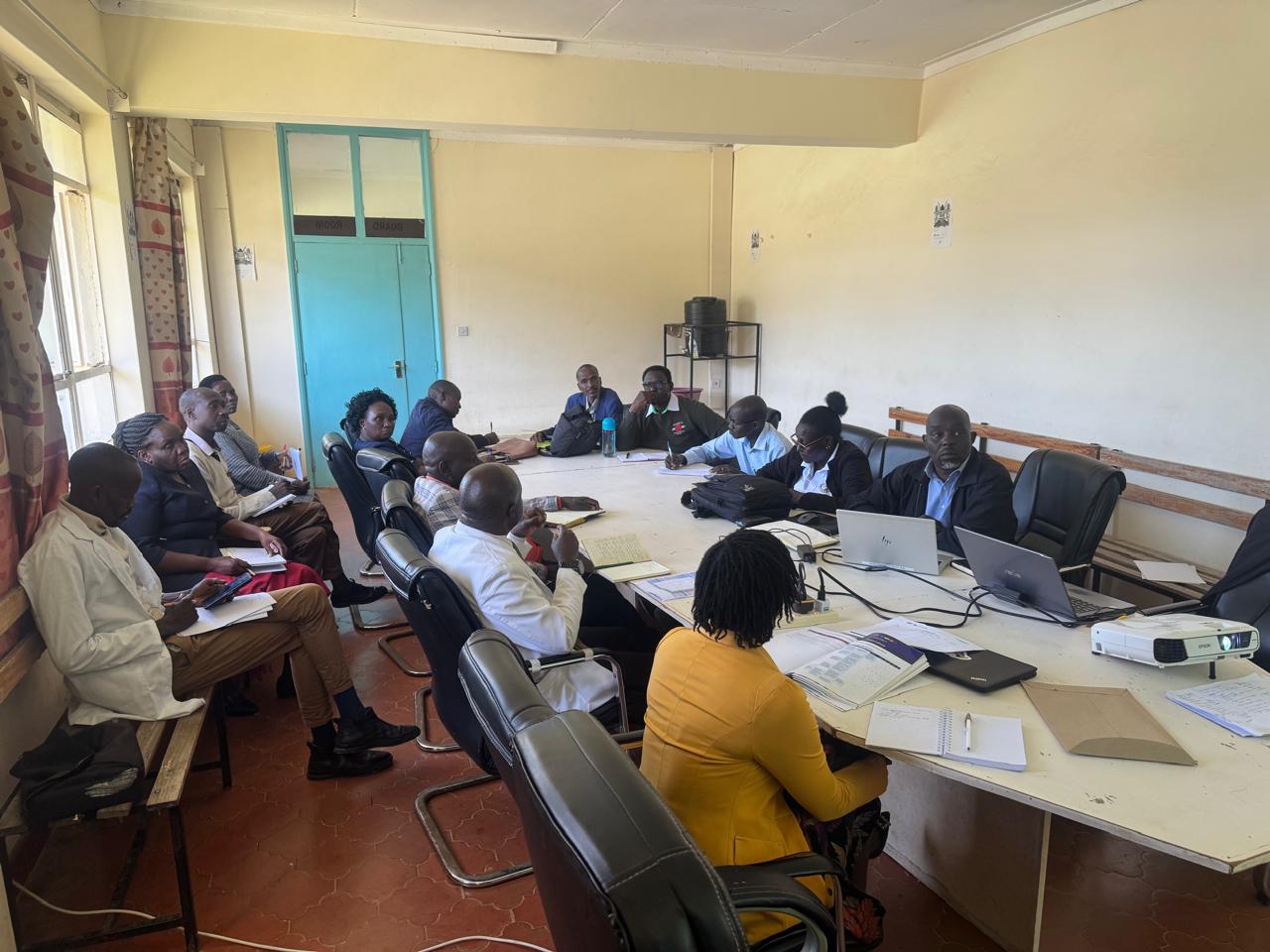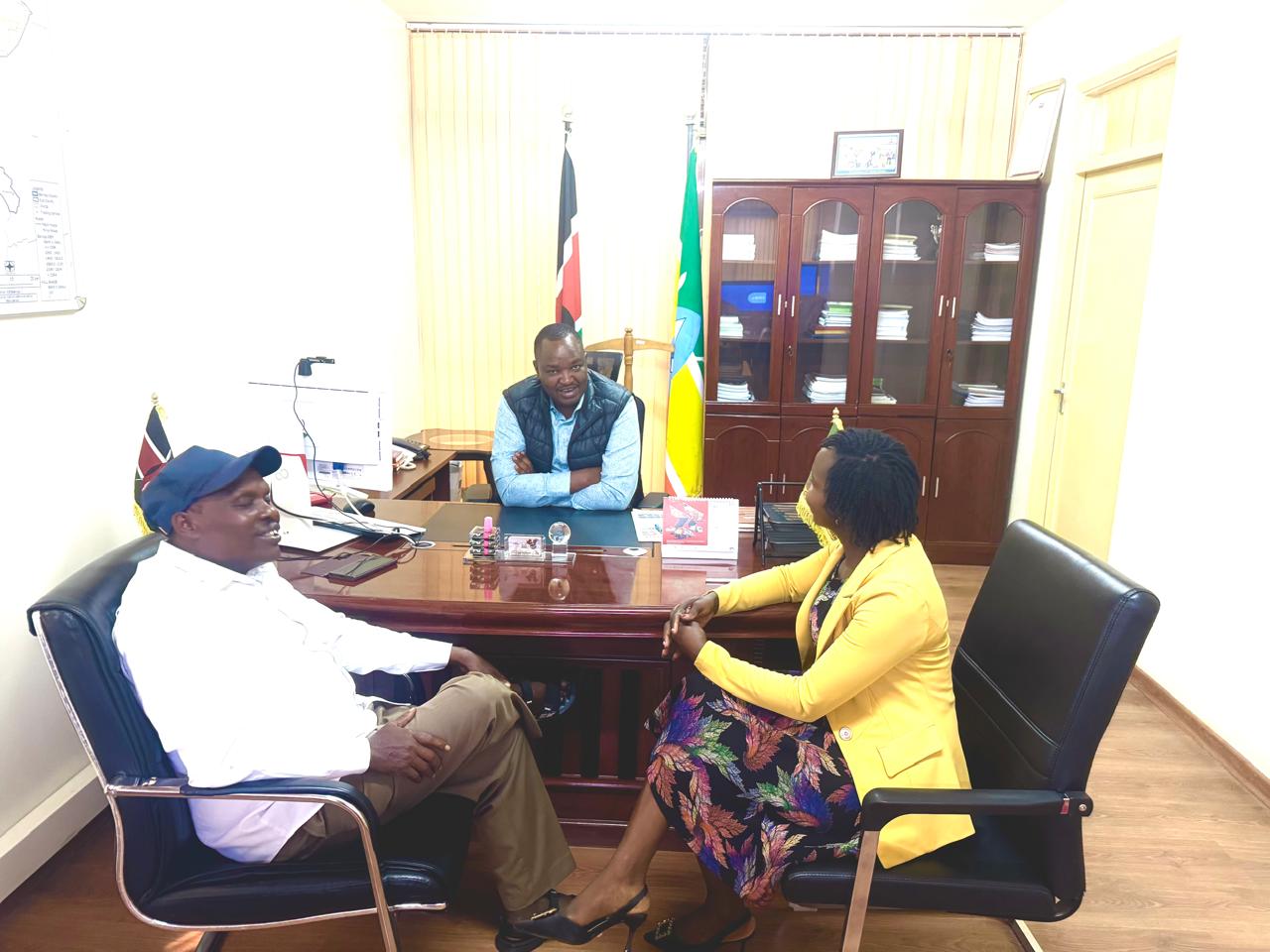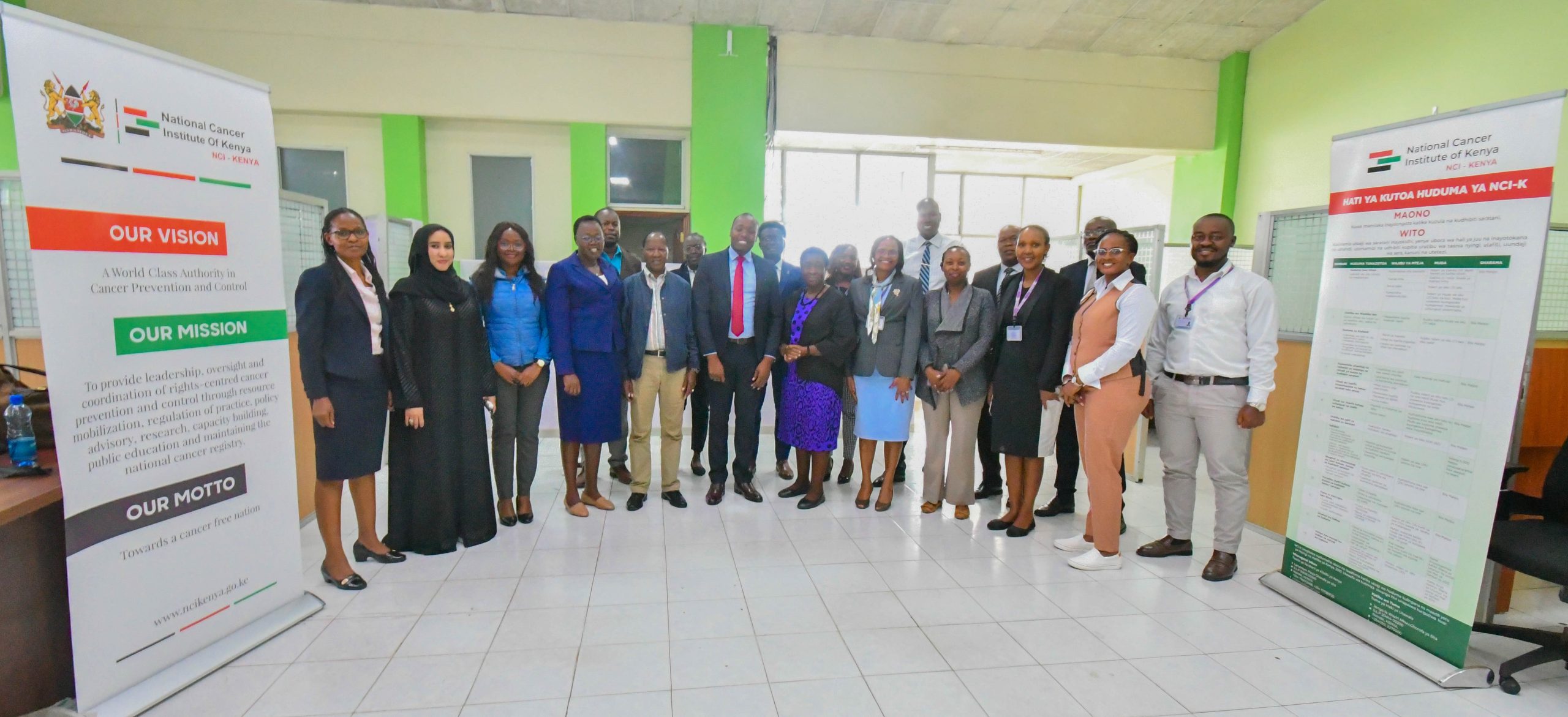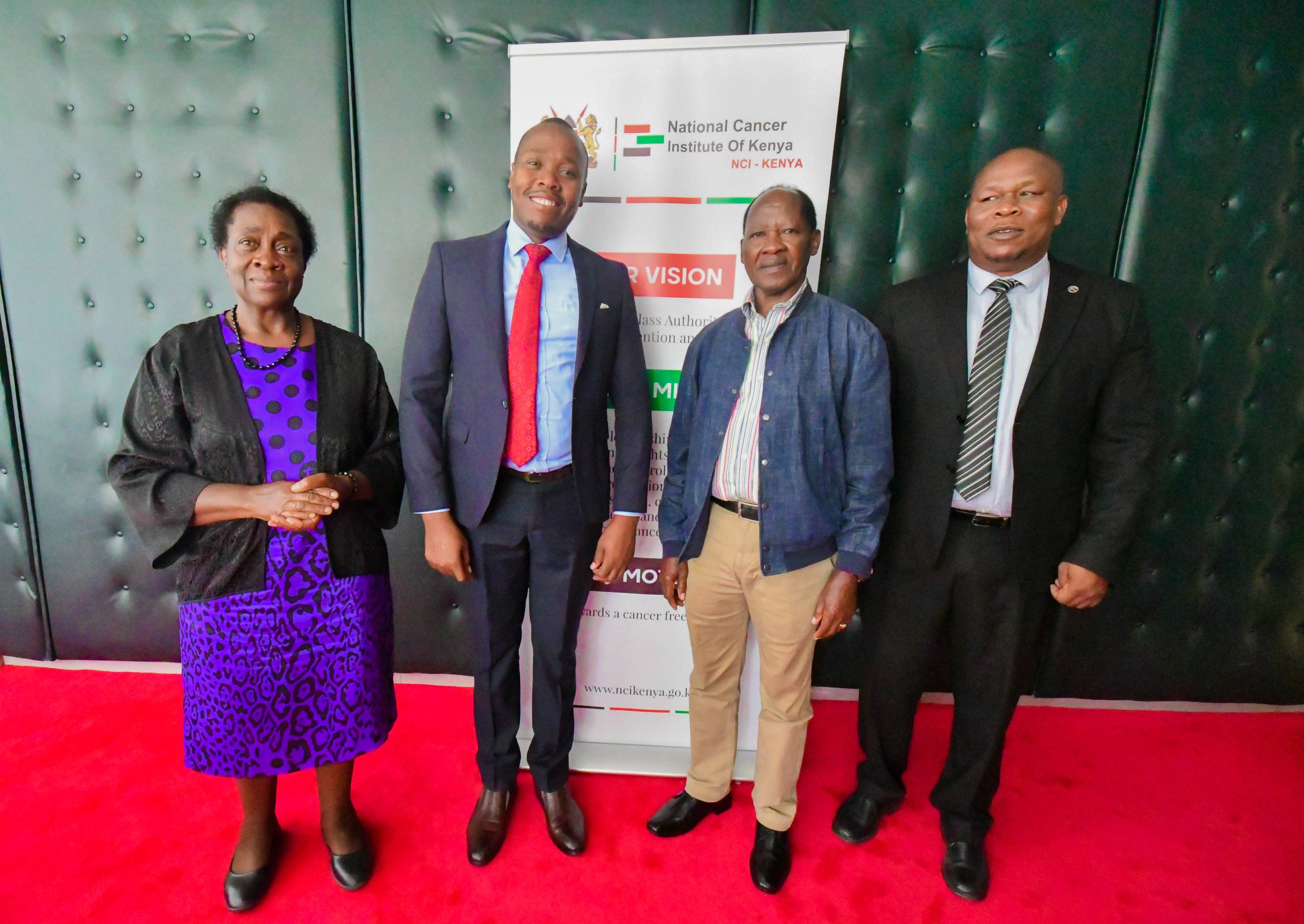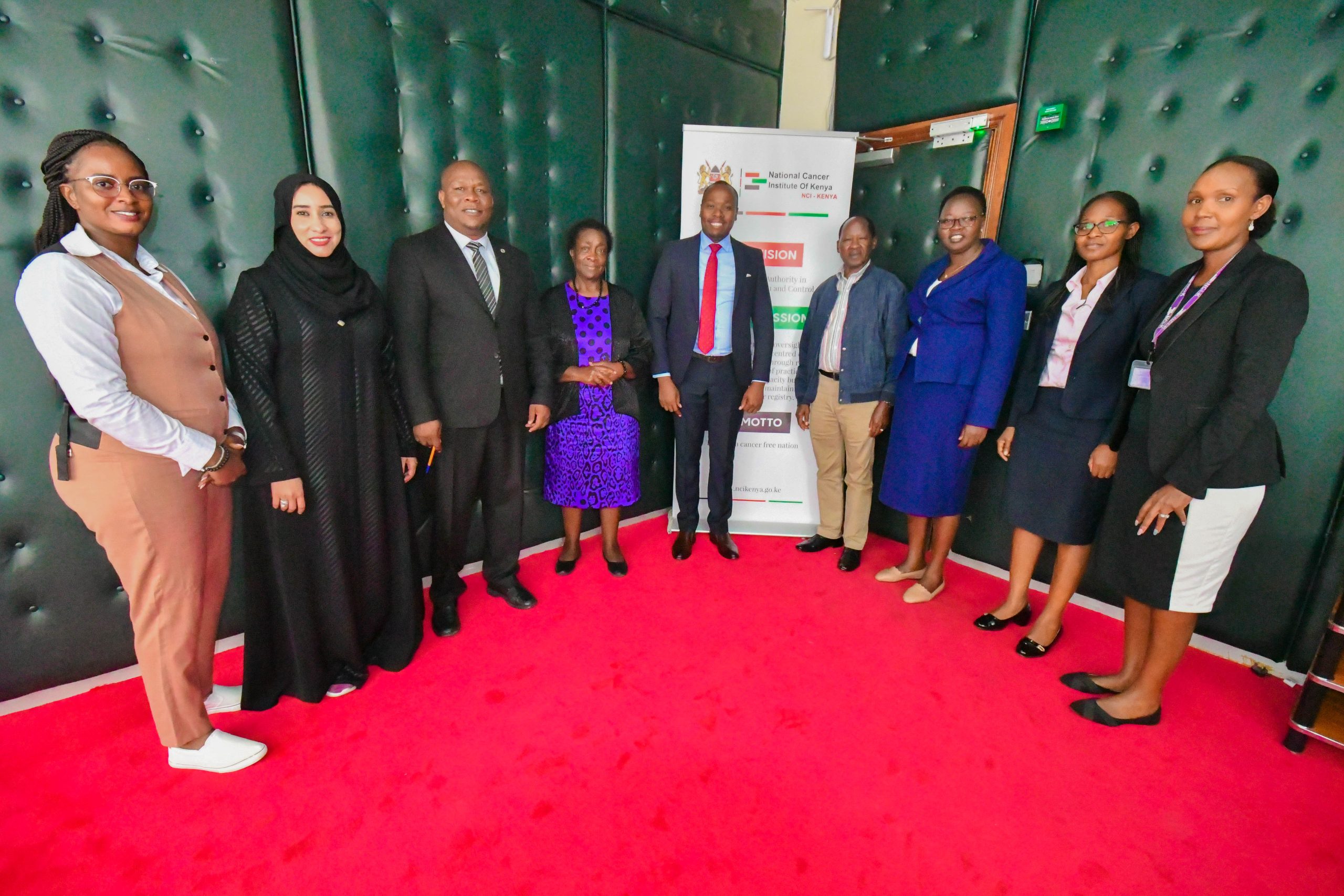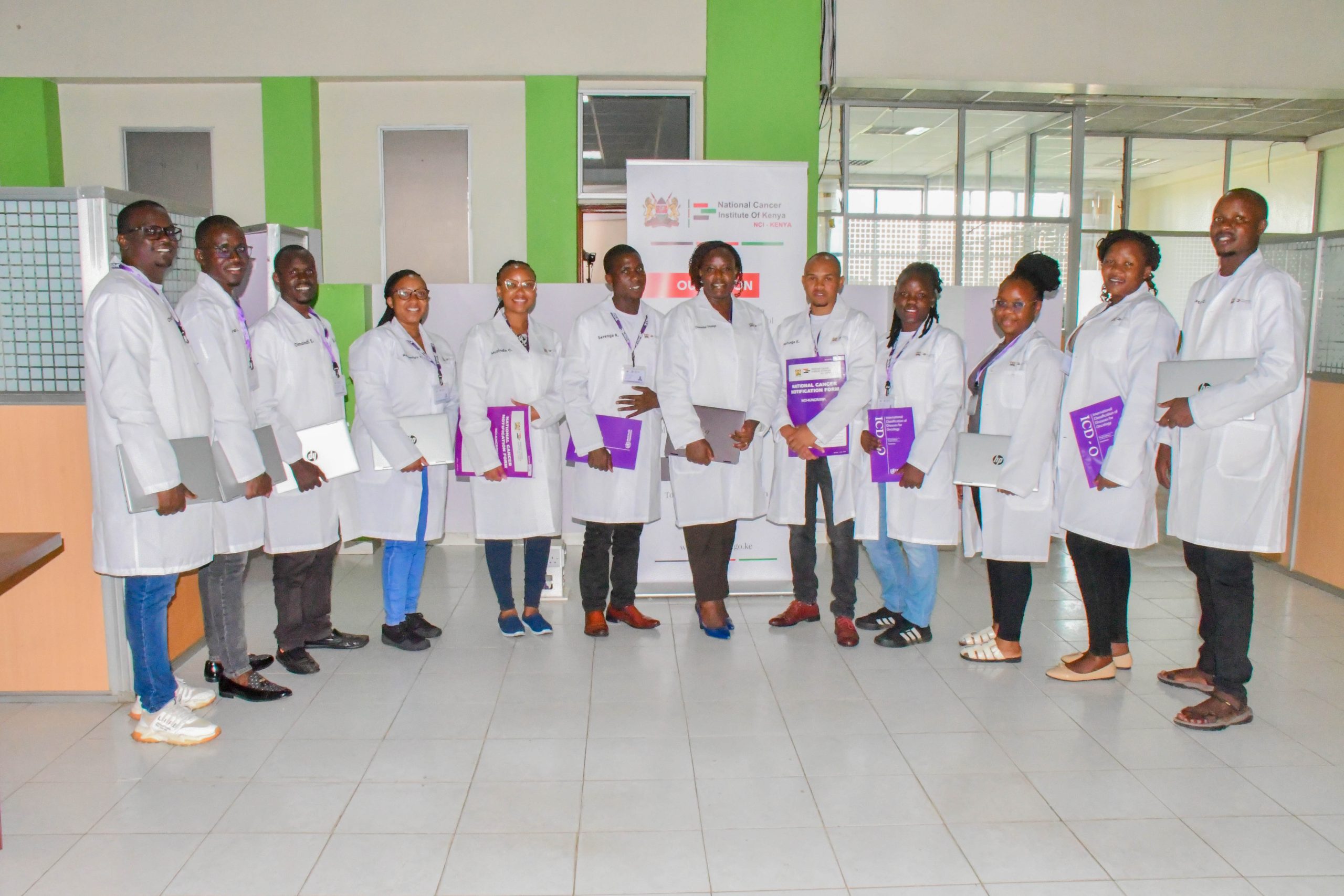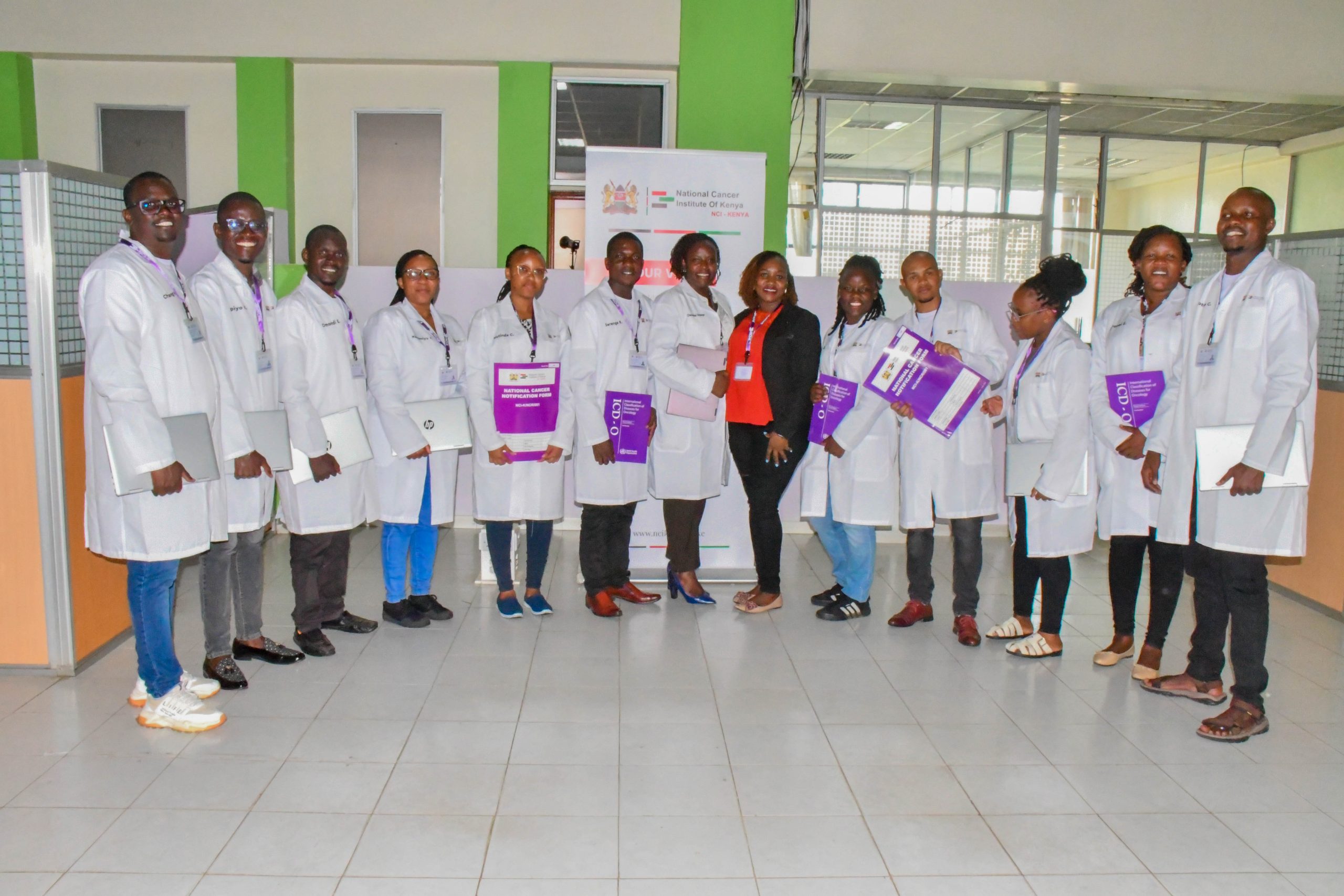Kenyan breast cancer patients are about to see a significant drop in treatment costs, with sessions falling from KES 120,000 to just KES 40,000. This massive reduction comes thanks to a new partnership between the Ministry of Health (through the Social Health Authority, SHA) and Roche East Africa, officially launched by Health Cabinet Secretary Hon. Aden Duale.
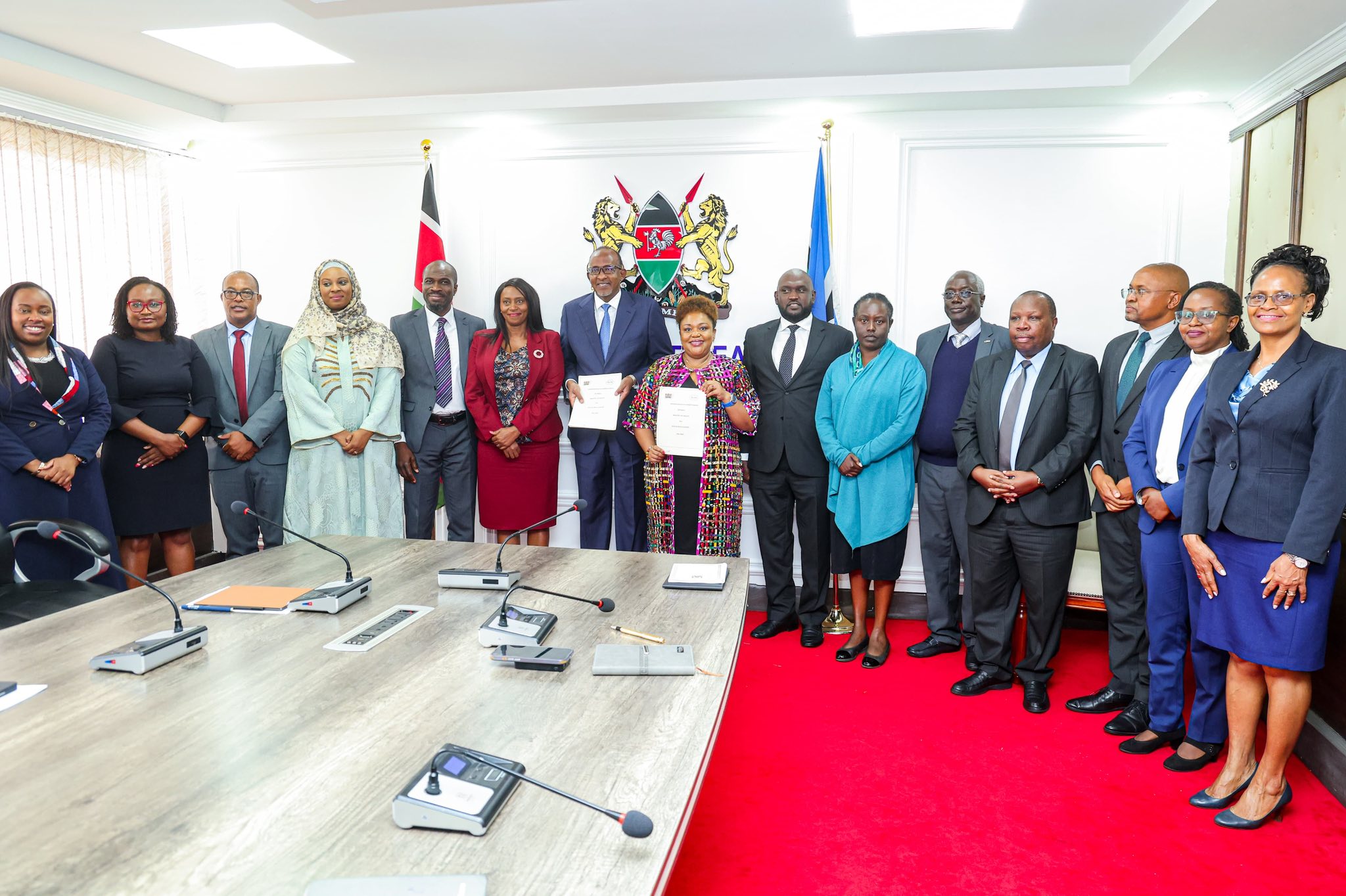
This collaboration aims to boost financial protection for cancer patients, aligning with Kenya’s Universal Health Coverage (UHC) goals. The Memorandum of Understanding (MoU) caps breast cancer treatment sessions at KES 40,000 with no co-payment for patients. This will be implemented across all SHA-contracted facilities, including public, faith-based, and private hospitals, ensuring fair access to quality care.
Beyond cost reduction, the partnership will also enhance access to essential medicines and diagnostics, provide training for healthcare workers in breast and cervical cancer management, and expand screening and early detection efforts. Hon. Duale emphasized the Ministry’s dedication to healthcare reform, including using digital tools to fight counterfeit medicines. He stated that the initiative is about “saving lives, promoting equity, and reinforcing the integrity of our healthcare system.”
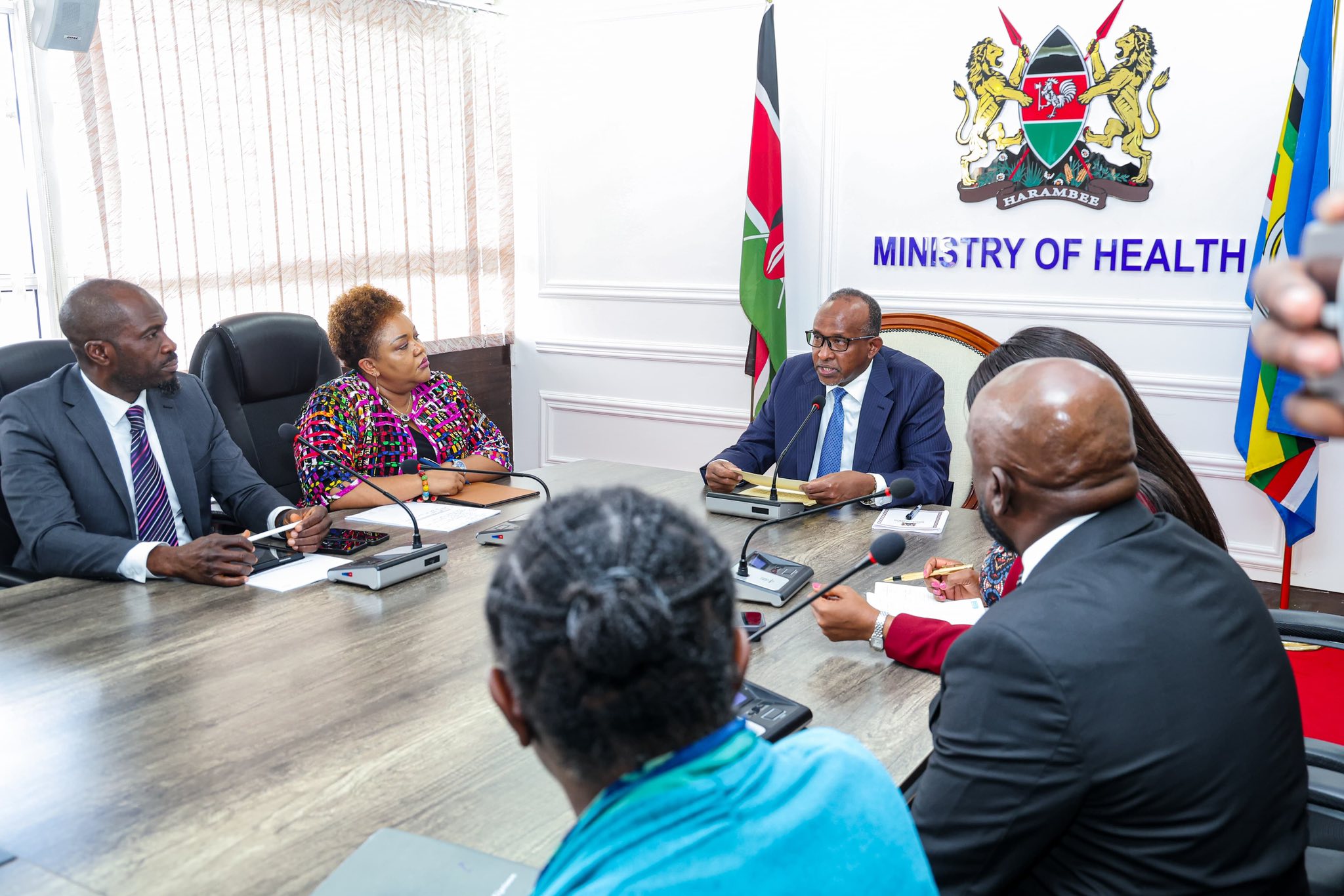
The launch event saw key figures present, including Roche East Africa General Manager Ms. Jacqueline Wambua, along with high-ranking officials from the Ministry of Health and related health authorities.
